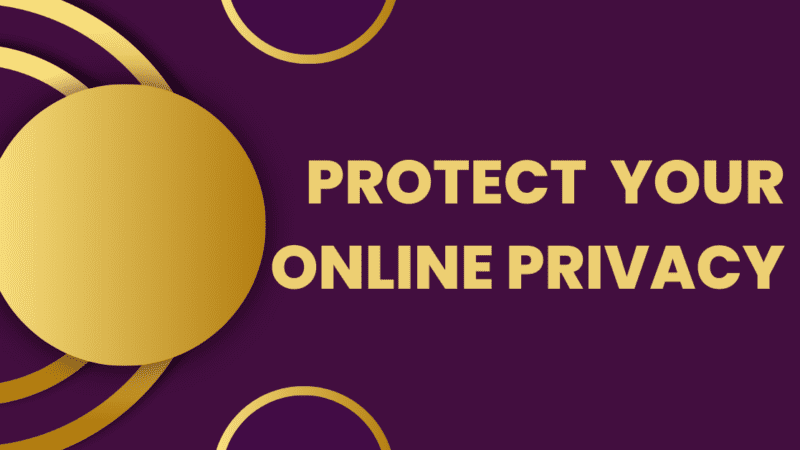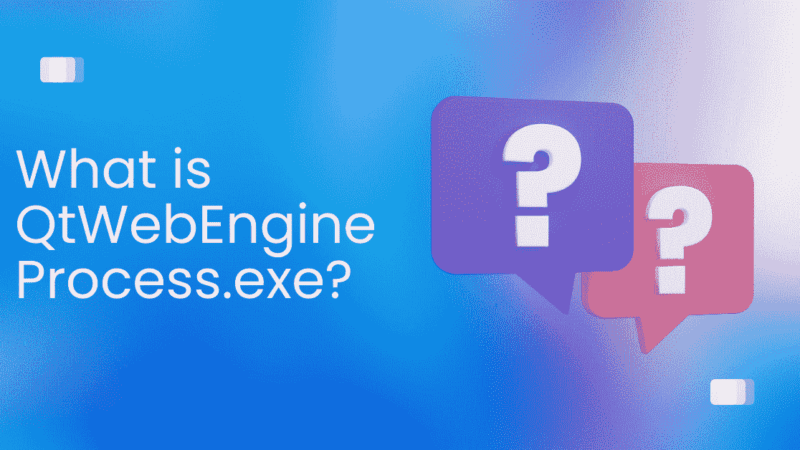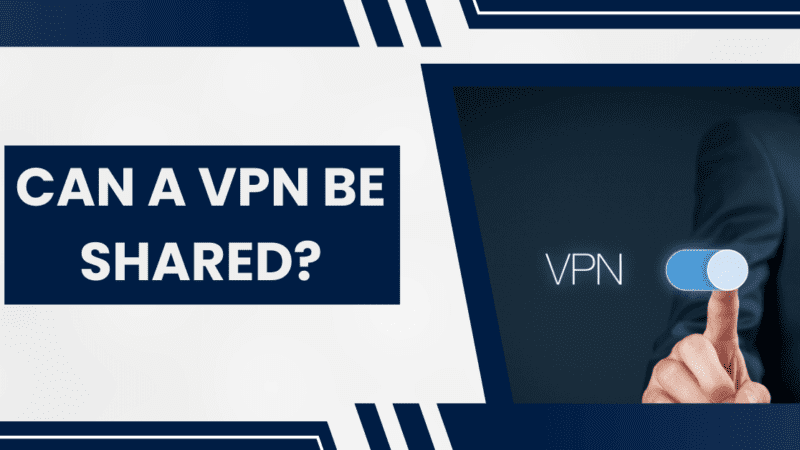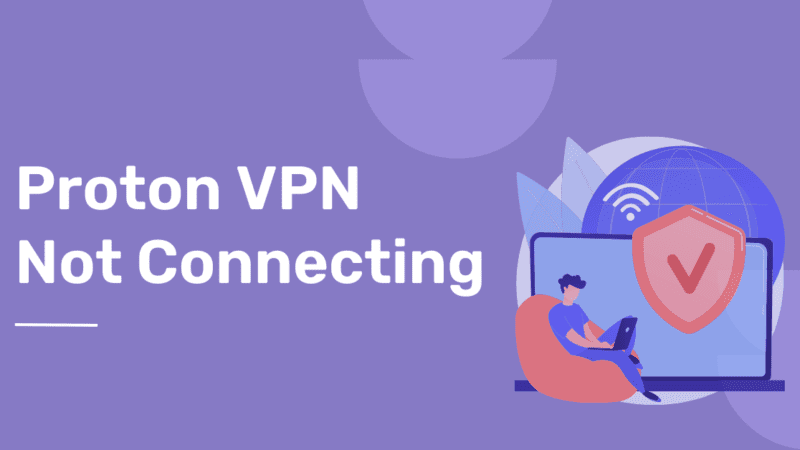Deep Web vs Dark Web – 4 Key Differences You Should Know
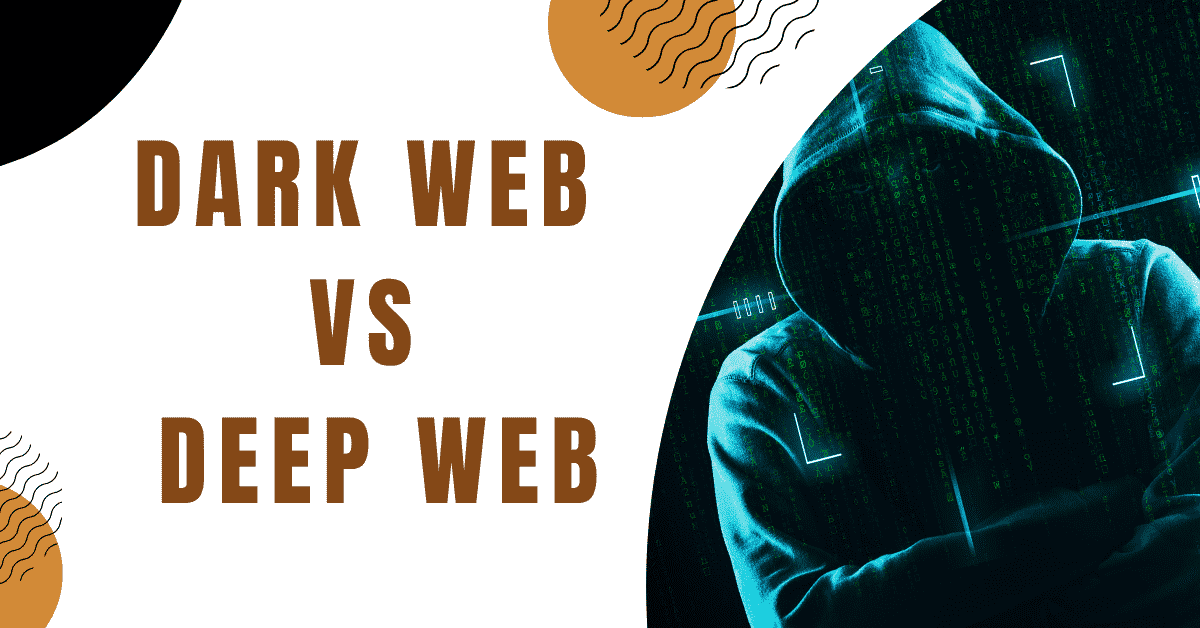
Do you come across terms like dark web, deep web and surface web very often but don’t know what they actually mean and how they differ from each other?
In this article, we’ll try to clarify the concepts of surface web, the deep web, the dark web and their distinctions which might help you to understand the key differences between deep web and dark web.
But before knowing about the deep web or dark web, you should know about the surface web. Let’s see!
What is the Surface Web?
The web that we use on a daily basis is known as the surface web, visible web, or indexed web. We use this website to carry out our daily tasks. The majority of people think of this as the Internet because it is where we conduct our regular online activity.
But the fact is, it’s just the tip of an iceberg. The Internet is not just the surface web, it consists of deep web and dark web as well.
First let’s find out what does the deep web actually mean!
[Read more: How to Unsilence Calls on iPhone?]
What is the Deep Web?
The deep web is a portion of the internet whose content is not indexed by common search engines. It contains information that search engines cannot access, such as personal data or bank data etc.
Any content that is protected by an access restriction, like a log-in, is also referred to as “non-indexed” content or deep web. You cannot find these pages in the search engine results, you need to login to that website to access the content. Since these details are private and sensitive, they are kept secure. It is employed to grant access only to a particular group.
For instance, your Google Drive documents, scientific reports are not available for public access and they are parts of the deep web. These websites are located in directories that Google and other search engines can neither crawl nor index.
Deep web comprises at least 80% of the internet and the surface web which you can access through a search engine comprises less than 10% of the internet and the remaining part belongs to the dark web.
Now let’s see about the dark web!
What is the Dark Web?
A small portion of the deep web is known as the dark web or the darknet. Darknet offers users anonymity that lets people provide services or sell products while remaining anonymous. This attracts individuals who engage in illicit activity in order to sell goods secretly.
You could only access this secret network of websites via a unique browser like Tor. The dark web is unquestionably the preferred location for the shadiest online transactions because all activity there is by default anonymous.
On the dark web, neither users nor website administrators expose their identities or whereabouts to one another. As a result, it is incredibly difficult to block users or shut down dark web servers. Many illegal operations, including the purchasing and selling of drugs, forged documents, and stolen accounts, take place on the dark web.
However, the dark web isn’t just used for illicit purposes. Journalists, activists, and whistleblowers regularly use the dark web to maintain their anonymity and disseminate their research. For instance, WikiLeaks runs a website on the dark web.
[Read more: How to Fix Screen Recording Not Working Issue?]
Are the Deep Web and Dark Web Illegal?
It is permissible to use the Tor browser or attempt to reach a page that is not indexed. The mere fact that a page is inaccessible to search engines does not imply that it is seeking to promote illegal activities. So, using the Tor browser to access the dark web does not imply that you are breaching any laws. But regardless of the browser you use, purchasing illegal goods like illegal narcotics or fake documents is unlawful.
Risks of Using the Deep Web and the Dark Web
When logging into various online services like email and e-banking, you frequently provide your login information on the deep web. It draws a lot of attention from attackers who want to get your personal information by operating a variety of scams concealed in phishing emails or messages.
When you aren’t cautious about what you access on the dark web, problems can arise. Scammers may trick you into handing up your personal information. Even worse, you can run upon offensive or illegal stuff.
How to Access the Deep Web Securely?
Deep web access is generally secure. The key to the majority of the safety is to follow some basic rules of online conduct:
- Use a VPN to mask your IP address and direct your internet traffic over an encrypted tunnel, helping you remain anonymous online and protect your privacy. Even when you use unprotected networks like public Wi-Fi, your ISP cannot eavesdrop on your online activity.
- Follow secure password guidelines and always come up with special passwords for every account to keep them safe. If you think that all of these are a burden for you, you can take the help of a password manager.
[Read more: How to Fix Desktop Window Manager High GPU Issue?]
How to Access the Dark Web Securely?
The dark web is full of frauds and phishing attempts from outside parties, just like other portions of the internet.
Here are some tips for being secure while exploring it.
- Visit the official website to download the Tor browser.
The Tor browser is still the simplest and safest way to access the dark web. Potential attackers may force you to download a fake version that contains viruses or malware that might harm your device. Ensure that you download Tor from the official website at torproject.org. - Take safety measures: Disable Javascript in your Tor browser, use a burner email address, and encrypt all of your communications with PGP. Avoid clicking on arbitrary onion URLs, and make sure to confirm the trustworthiness of a site before logging on.
Key Differences Between the Dark Web and the Deep Web?
1. Accessibility
The deep web can be accessed without specialised software or proprietary protocols. On the other hand, only the Tor browser can access the dark web. Everyone attempting to access the dark web remains anonymous by default due to the browser’s encryption capabilities. Additionally, URLs on the dark web differ significantly from those on other websites.
Instead of the more popular “.com” or “.org,” all websites on the dark web have the suffix “.onion.”
That is a purposeful trick to restrict access to those sites to just browsers using particular proxies. Another approach for sites on the dark web to keep their anonymity is by making their URLs extremely difficult to remember.
2. Usage
The deep web includes both free and paid online services as well as intranets utilised by government institutions. On the other hand, the dark web accepts a wider range of users who take advantage of the anonymity it offers, such as criminals, informants or activists.
Compared to the dark web, the deep web is far more accessible to internet users. Anyone with conventional internet access can access and use the dark web.
3. Scope
When compared to the dark web, the deep web is significantly more extensive. It includes a variety of information that is inaccessible through internet search engines like Google, Safari, or DuckDuckGo.
Emails, and private messages on social networking sites are all password-protected content.
4. Security
Although private websites and services on the deep web are generally safe to use, it is the owners’ responsibility to keep them secure.Therefore, maintaining good online hygiene has become essential to keeping yourself safe. However, because of the valuable personal data available on the deep web, fraudsters are increasingly focusing on this area of the internet.
If you’re just browsing on the dark web, it’s usually secure.But downloading unauthorized content that includes malware or viruses puts you at risk.
Conclusion
Although the terms “deep web” and “dark web” are frequently used interchangeably, they represent two different ideas. The deep web contains online content that cannot be found by search engines, but the d
ark web is a network that is hidden and requires a special browser to access.
You use the deep web every day to check your email and search for a product in the online shopping website, but to access the dark web, you’ll need a dedicated browser like the Tor Browser.

